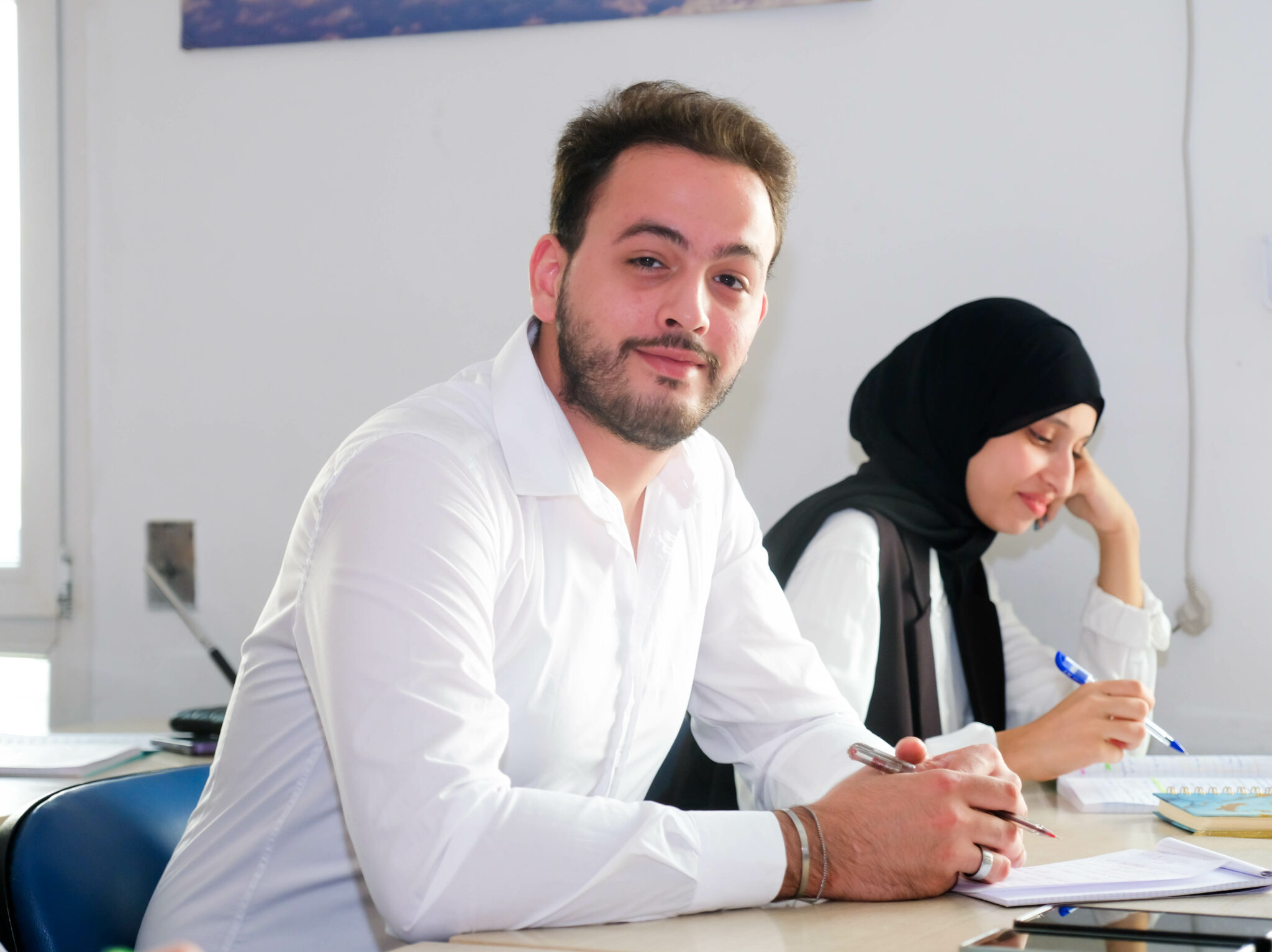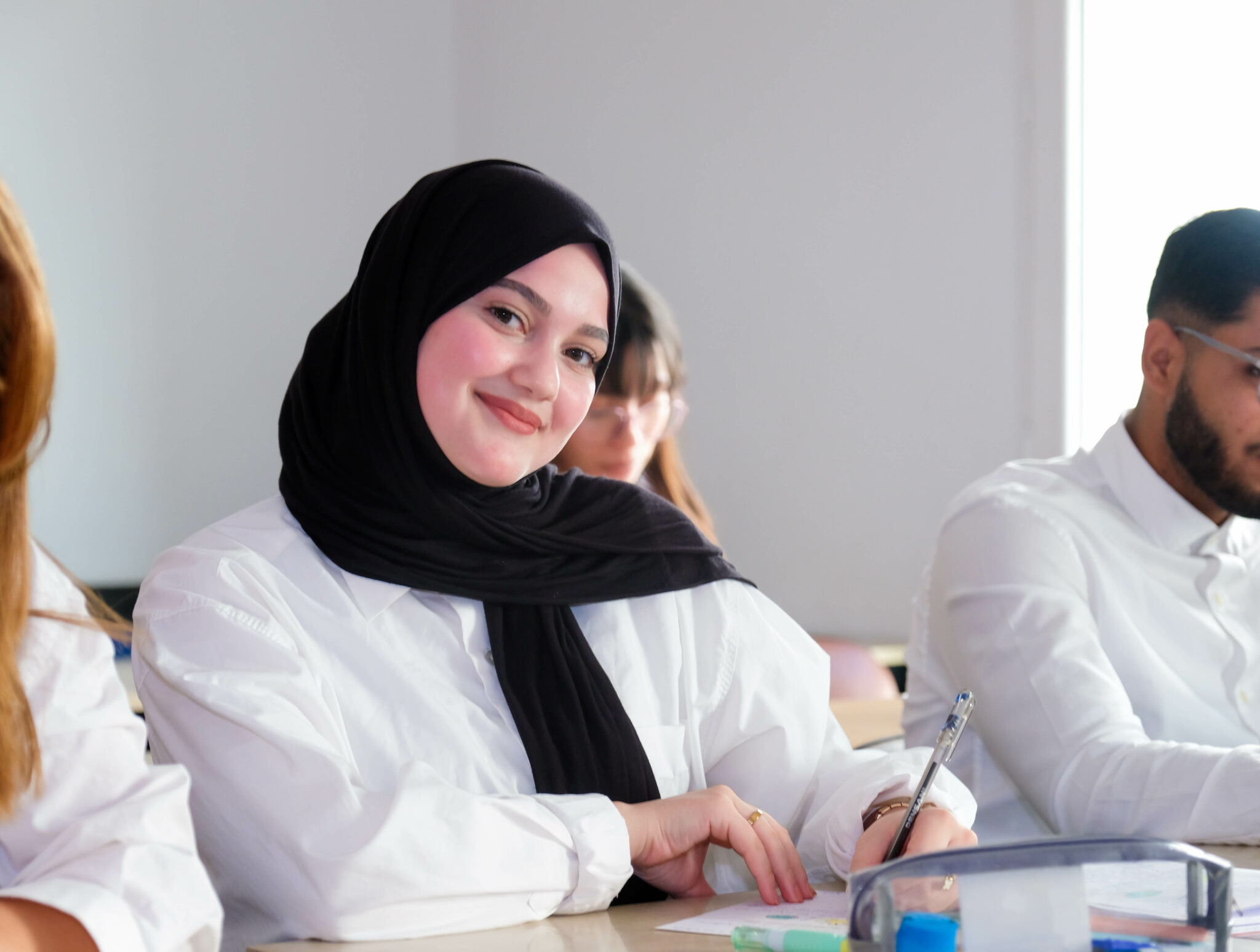Bienvenue chez OpenSky Consulting, votre centre de formation en aviation
Nos Partenaires
Découvrez les entreprises innovantes qui nous font confiance et avec lesquelles nous construisons l’avenir numérique.
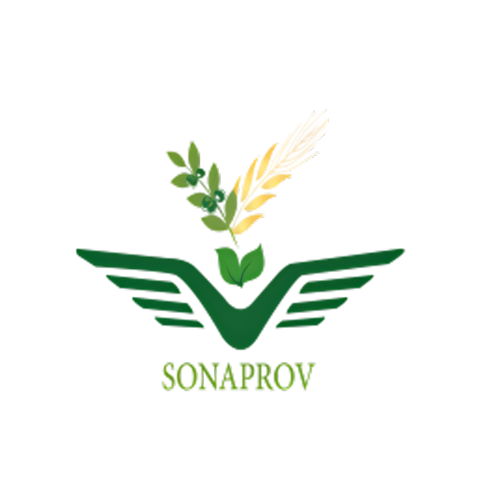



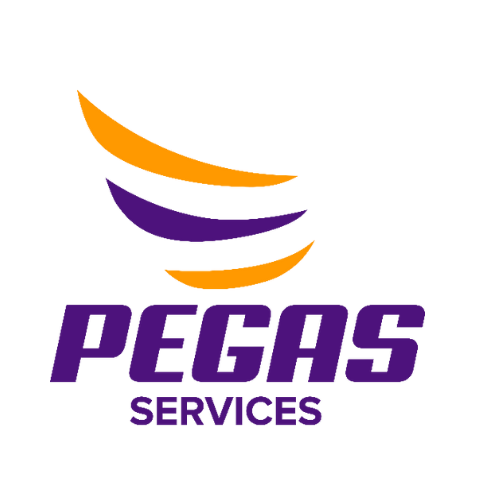

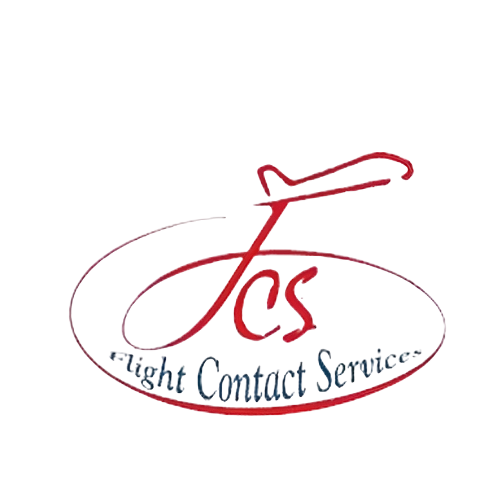
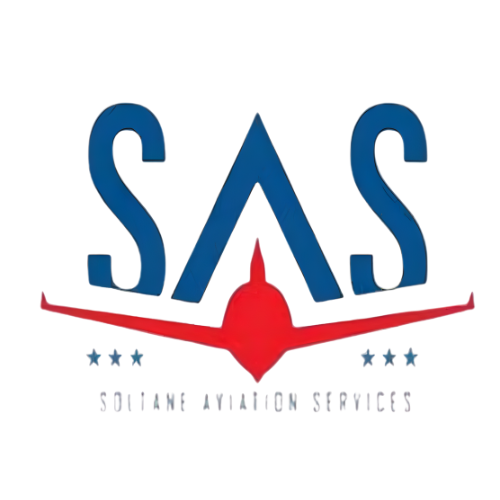
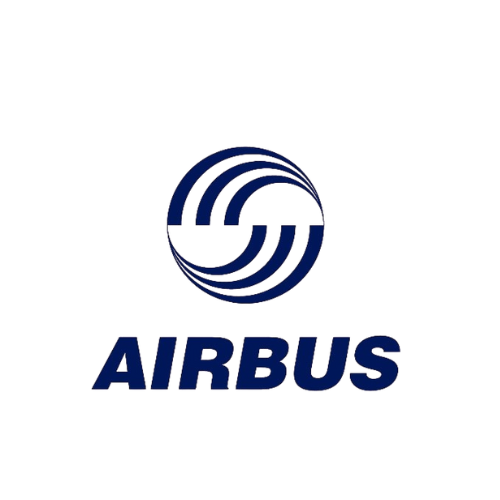
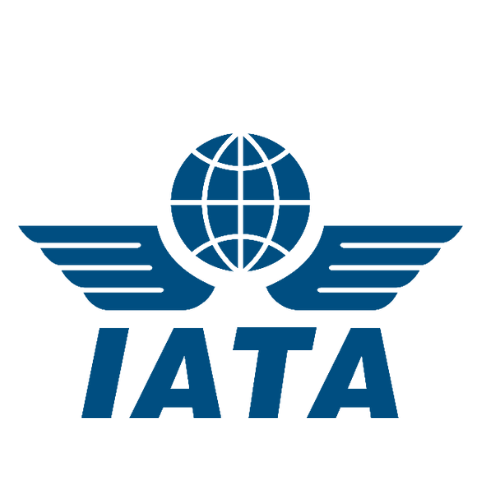

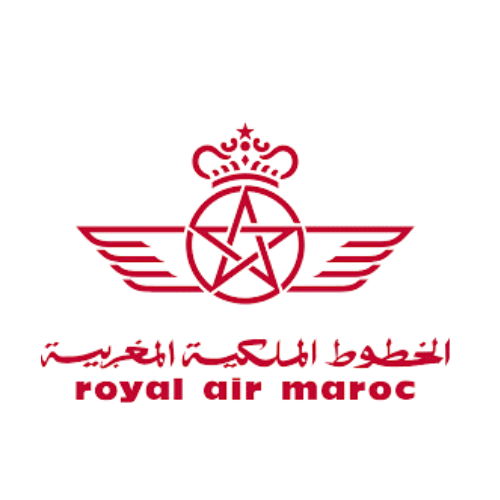

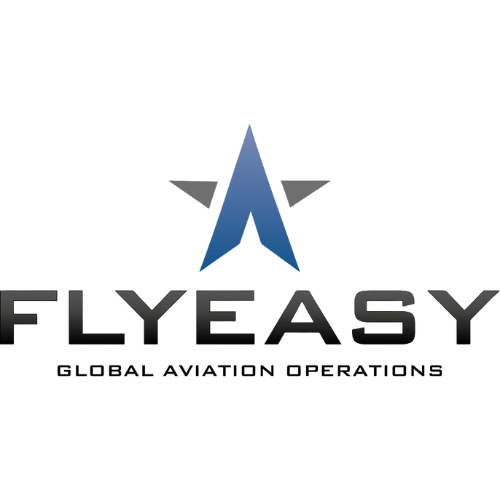
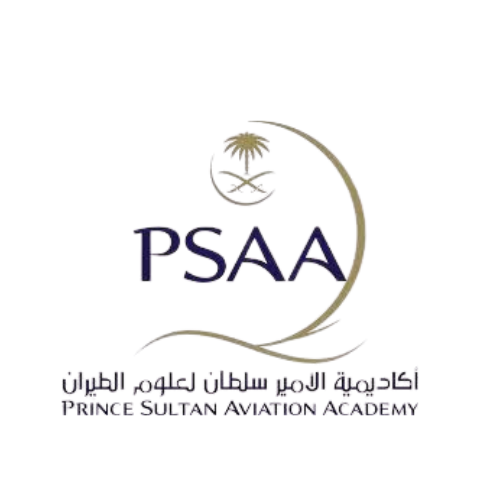



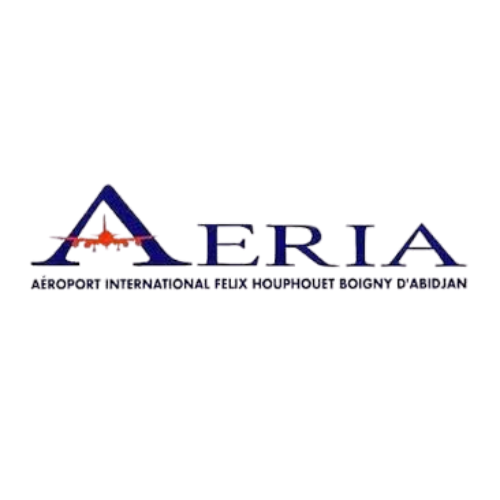
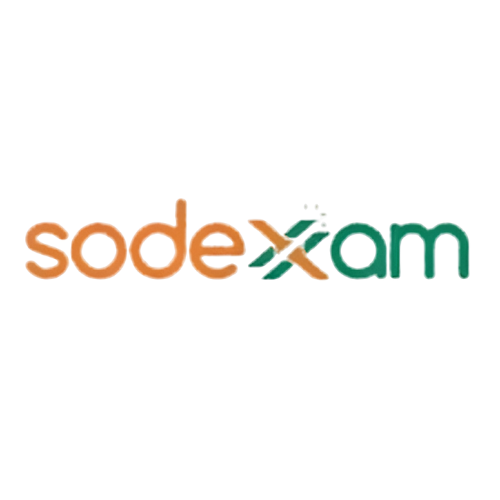

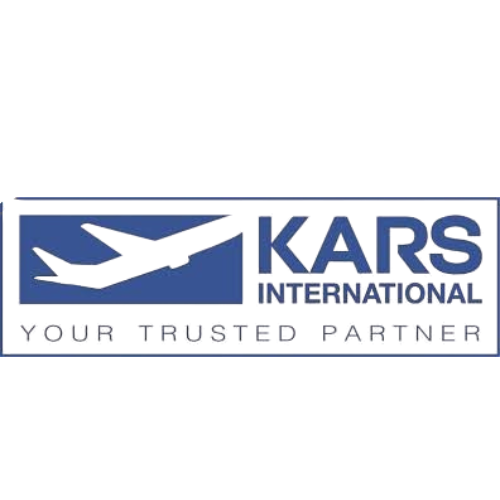
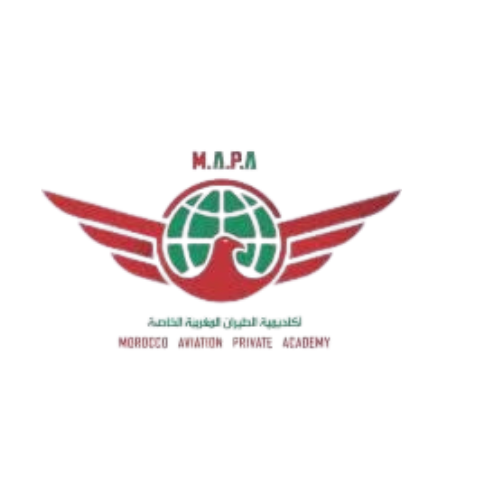
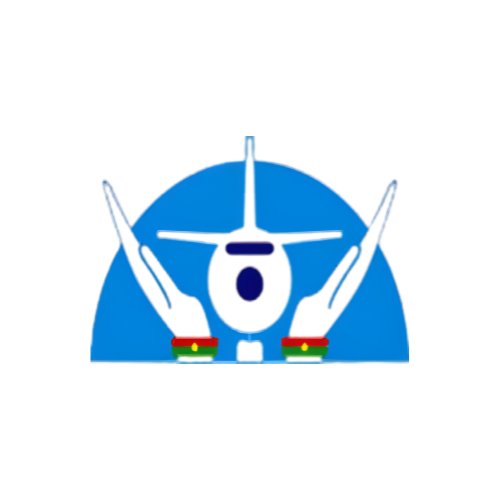
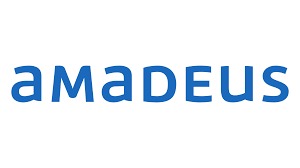

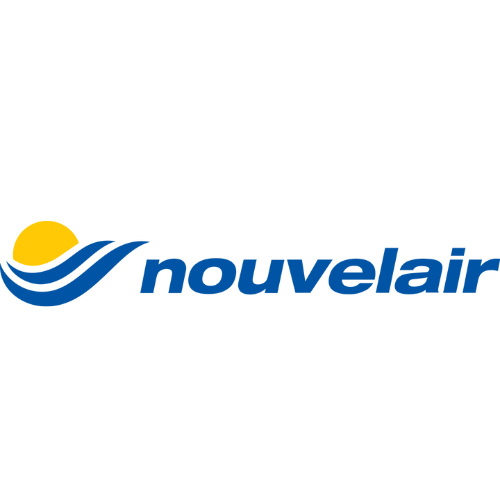

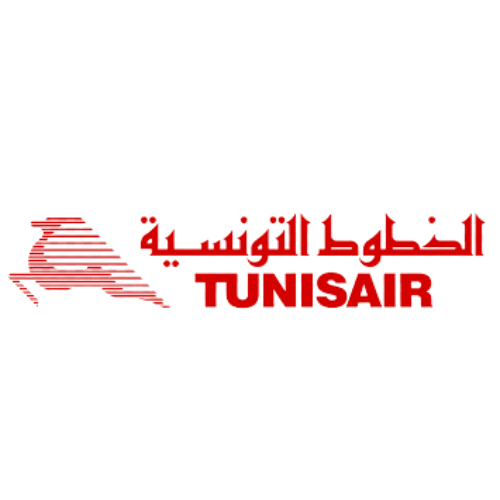
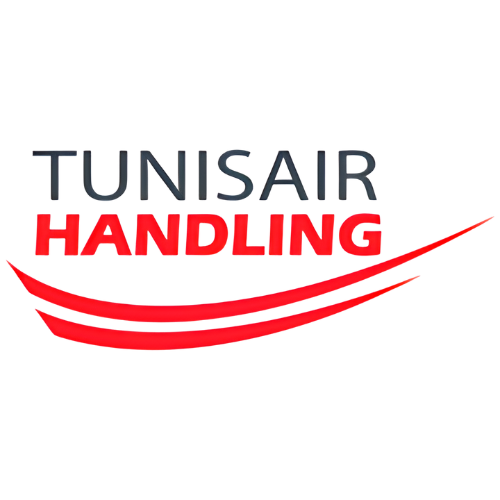

Notre Histoire
2010 – Fondation
Open Sky Consulting a été créé en avril 2010 en tant que center du formation aéronautique agrée par le Ministère du Transport et le Ministère de la Formation Professionnelle et de l’Emploi.
2011 – Convention avec Airbus Training
En 2011 Open Sky Consulting a signé une convention de coopération avec le centre de formation du constructeur d’Avion airbus pour la formation de qualification de types des pilotes des compagnies aériennes ,clients d’Airbus.
2012 – Reconnaissance internationale
Open Sky Consulting a bénéficié d`une reconnaissance internationale grâce a la qualité de formation qu’il assure . Cette reconnaissance s’est traduite par l`établissement de plusieurs conventions de formations notamment avec : Prince Sultan Aviation Academy KSA et plusieurs gestionnaires d’aéroports africains en Cote d’Ivoire Bourkina Fasso , Mali , Mauritanie ,Congo ,Brazaville, Togo…..
.
2019 – Convention avec l’IATA
en 2019 Open Sky Consulting a été reconnue et certifiée par I’IATA en tant que ATS : Authorized Training School pour les formations relatives au Transport des Matières Dangereuses.






